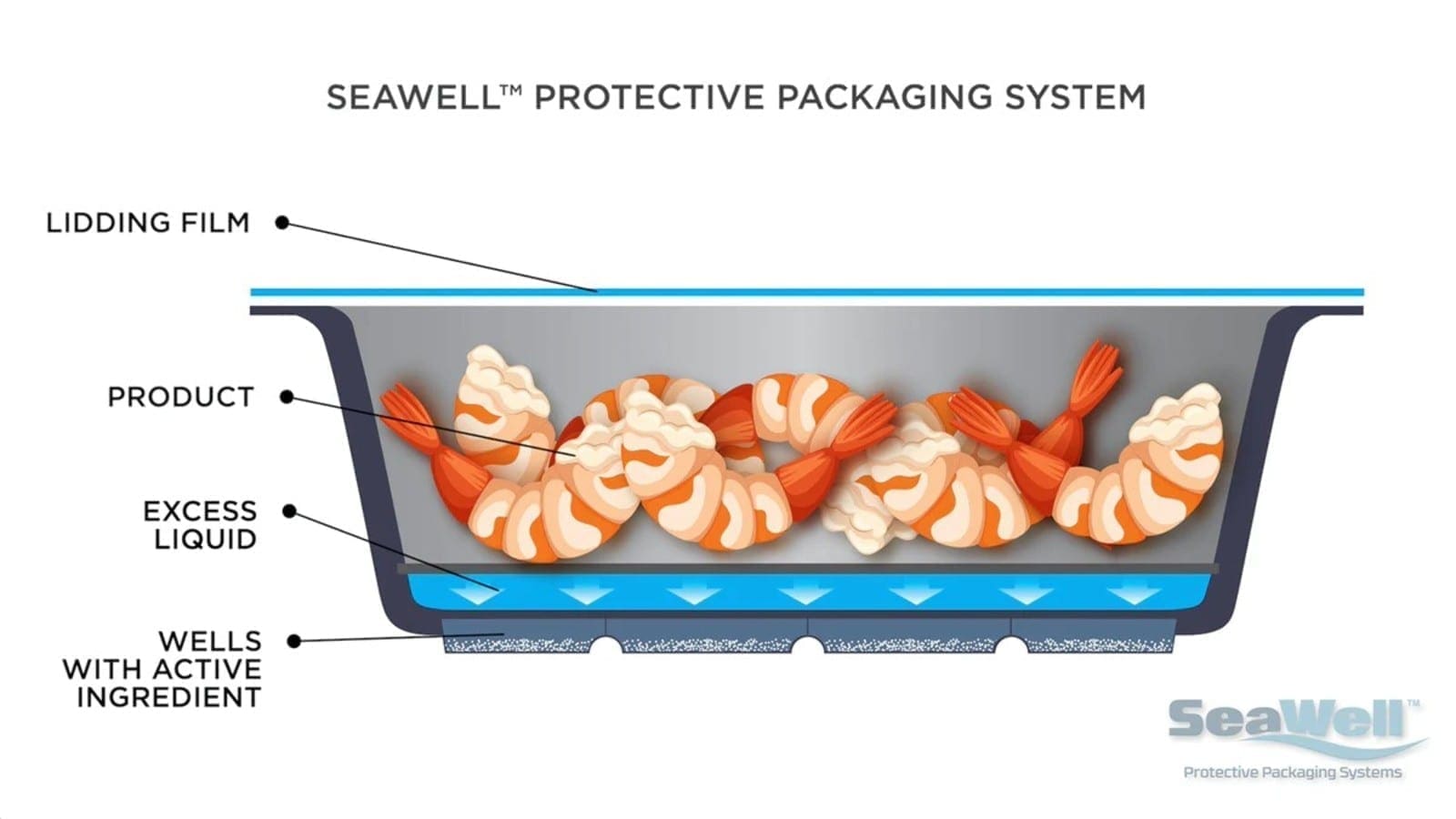U.S – The U.S. Food and Drug Administration’s Food Safety and Inspection Service (USDA’s FSIS) has emphasized the significance of improving outreach to food retail stores about best food safety practices for beef that will be ground in an after-action review of an Escherichia coli O157:H7 outbreak linked to ground beef in 2022.
The E. coli outbreak under investigation occurred between May and June 2022 in the states of California, Idaho, and New York. The outbreak involved eight infections, one of which required hospitalization.
Although beef was considered a potential source of illness, authorities were unable to pinpoint a common source of meat.
Of the eight illnesses that were investigated as part of the outbreak, two patients did not provide follow-up information, and five of the six patients that did provide follow-up information reported beef consumption.
Middle Eastern foods were reportedly consumed by four case patients. Detailed beef exposure information was available for three ill people, who reported eating raw beef at a restaurant, ground beef kabobs at a restaurant, and beef at a family event where ground beef kabobs and raw beef were served.
FSIS traced back the beef served at the two restaurants, as well as the beef used to make kabobs at the family event, which was purchased and cooked at a market.
None of the three sources had a common beef supplier, according to the traceback study.
FSIS did discover, however, that one market visited during the investigation did not have grinding data.
To help investigators track ground beef during a foodborne illness outbreak investigation, FSIS emphasized the value of good recordkeeping across the beef supply chain in its after-action assessment.
The after-action study confirms the importance of continuing outreach regarding the best techniques for grinding beef.
The after-action review also revealed how crucial it is for local public health professionals and federal agencies to communicate with one another.
When ground beef and raw beef were recognized as exposures of interest in the current outbreak, local public health officials contacted FSIS.
Early communication made it easier for FSIS inspectors to plan visits to the eateries and market, which sped up the investigation’s conclusion.
The FSIS reports that it is currently working on creating and disseminating targeted instructional materials about the optimal methods for grinding beef.
The agency suggested that the Conference for Food Protection (CFP) update its Beef Grinding Log Guideline to promote the consideration of the intended use of beef prior to grinding the product, as well as to give further information about grinding recordkeeping requirements.
For all the latest food safety news from Africa and the World, subscribe to our NEWSLETTER, follow us on Twitter and LinkedIn, like us on Facebook and subscribe to our YouTube channel.








